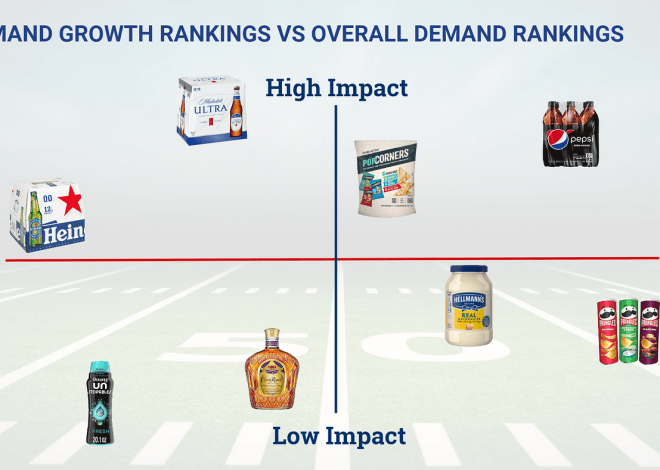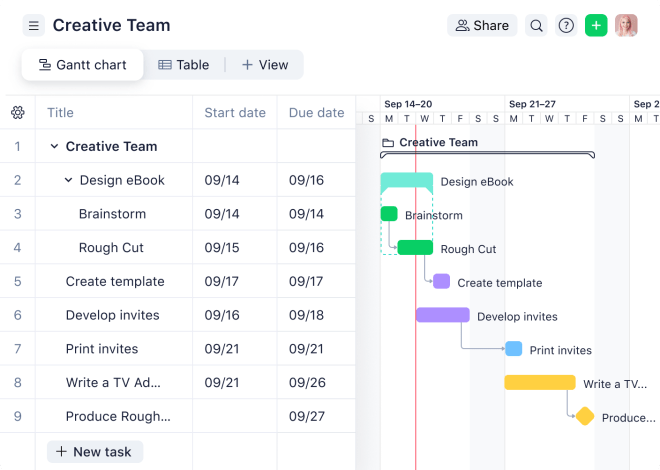7 Top Salesforce Alternatives to Consider in 2023
Salesforce, while a dominant force in the CRM market, isn’t the perfect fit for every business. Its robust features come at a significant price point, and the complexity can be overwhelming for smaller teams. Many businesses find themselves searching for more affordable, user-friendly alternatives that still deliver powerful functionality. This comprehensive guide explores seven compelling Salesforce alternatives, each offering unique strengths to cater to diverse business needs and budgets.
Understanding Your CRM Needs Before Choosing an Alternative
Before diving into specific alternatives, it’s crucial to assess your business’s unique requirements. What are your primary goals for a CRM system? Do you need robust sales automation, sophisticated marketing tools, comprehensive customer service features, or a combination thereof? Consider the size of your team, your budget constraints, and the level of technical expertise within your organization. A thorough self-assessment will guide you towards the most suitable alternative.
Key Factors to Consider:
- Budget: Salesforce’s pricing can be prohibitive. Determine your budget before exploring options.
- Scalability: Choose a system that can grow with your business.
- Integration: Ensure seamless integration with your existing software.
- Ease of Use: Prioritize user-friendliness, especially if your team lacks technical expertise.
- Customer Support: Reliable customer support is vital for resolving issues promptly.
The market offers a wide array of Salesforce alternatives, each with its own set of features and benefits. We’ve compiled a list of seven top contenders, categorized for clarity and ease of comparison.
1. HubSpot CRM: A Powerful All-in-One Solution
HubSpot is a popular choice for businesses seeking an all-in-one platform. It seamlessly integrates sales, marketing, and service tools, offering a comprehensive solution for managing customer interactions. Its user-friendly interface and free plan make it accessible to businesses of all sizes. However, the advanced features are typically found in the paid plans, which can become expensive as your business scales.
2. Zoho CRM: A Cost-Effective and Feature-Rich Option
Zoho CRM stands out for its affordability and extensive feature set. It provides a wide range of tools for managing sales, marketing, and customer support, making it suitable for businesses with diverse needs. Its extensive integrations with other Zoho applications further enhance its functionality. While incredibly feature-rich, the sheer number of options can sometimes feel overwhelming for new users.
3. Microsoft Dynamics 365: A Robust Enterprise-Grade Solution
Dynamics 365 is a powerful CRM platform designed for larger enterprises. Its robust features and scalability make it suitable for managing complex sales processes and large customer bases. However, its complexity and high price point make it less suitable for smaller businesses or those with limited technical expertise. The integration with other Microsoft products is a significant advantage for businesses already invested in the Microsoft ecosystem.
4. Pipedrive: A Sales-Focused CRM for Enhanced Productivity
Pipedrive is a sales-focused CRM that prioritizes simplicity and ease of use. Its intuitive interface and straightforward features make it ideal for sales teams seeking to streamline their processes and improve productivity. While its features are primarily geared towards sales, it lacks the comprehensive marketing and service tools found in some other alternatives. This focus, however, makes it incredibly efficient for sales-centric businesses.
5. Freshsales: A Flexible and Adaptable CRM for Growing Businesses
Freshsales is a highly adaptable CRM platform that scales well with growing businesses. It offers a range of features for sales, marketing, and customer support, providing a comprehensive solution without the complexity of some enterprise-level options. Its user-friendly interface and competitive pricing make it an attractive option for businesses seeking a balanced approach to functionality and cost.
6. Insightly: A Collaborative CRM for Enhanced Teamwork
Insightly emphasizes collaboration and teamwork, making it a suitable choice for businesses with multiple users and departments. Its robust features for project management and task allocation enhance team efficiency. The platform’s ease of use and integration options are also significant advantages. However, some users may find the customization options limited compared to other alternatives.
7. Agile CRM: A Customizable and Affordable Solution
Agile CRM is known for its affordability and customizability. It offers a wide range of features that can be tailored to specific business needs. Its open API allows for seamless integration with other applications. While it’s a powerful solution, its interface might feel less polished than some of its competitors. This, however, often comes with the advantage of a simpler learning curve.
Choosing the Right Salesforce Alternative: A Final Checklist
Selecting the right CRM system is a crucial decision with long-term implications for your business. Don’t rush the process. Take your time to carefully evaluate your needs, explore the features of each alternative, and consider factors like pricing, scalability, integration capabilities, and user-friendliness. Request demos, read user reviews, and, if possible, conduct trial periods to get a feel for each platform before committing to a long-term contract.
Remember that the “best” alternative isn’t a one-size-fits-all solution. The ideal CRM depends entirely on your specific context and priorities. Consider your team’s technical skills, your budget limitations, and your business goals. Don’t hesitate to seek expert advice if you’re struggling to make a decision. Thorough research and careful consideration will ensure you choose a CRM that empowers your business to thrive.
Finally, remember to factor in the long-term costs. While initial pricing can be attractive, consider future upgrade costs, integration fees, and the overall total cost of ownership. A seemingly cheap option might become expensive over time if you find yourself needing additional features or support.
Making the right choice will significantly impact your sales, marketing, and customer service efficiency. Choose wisely, and your business will reap the rewards.
With careful consideration and planning, you can find a Salesforce alternative that perfectly aligns with your business needs and budget.



